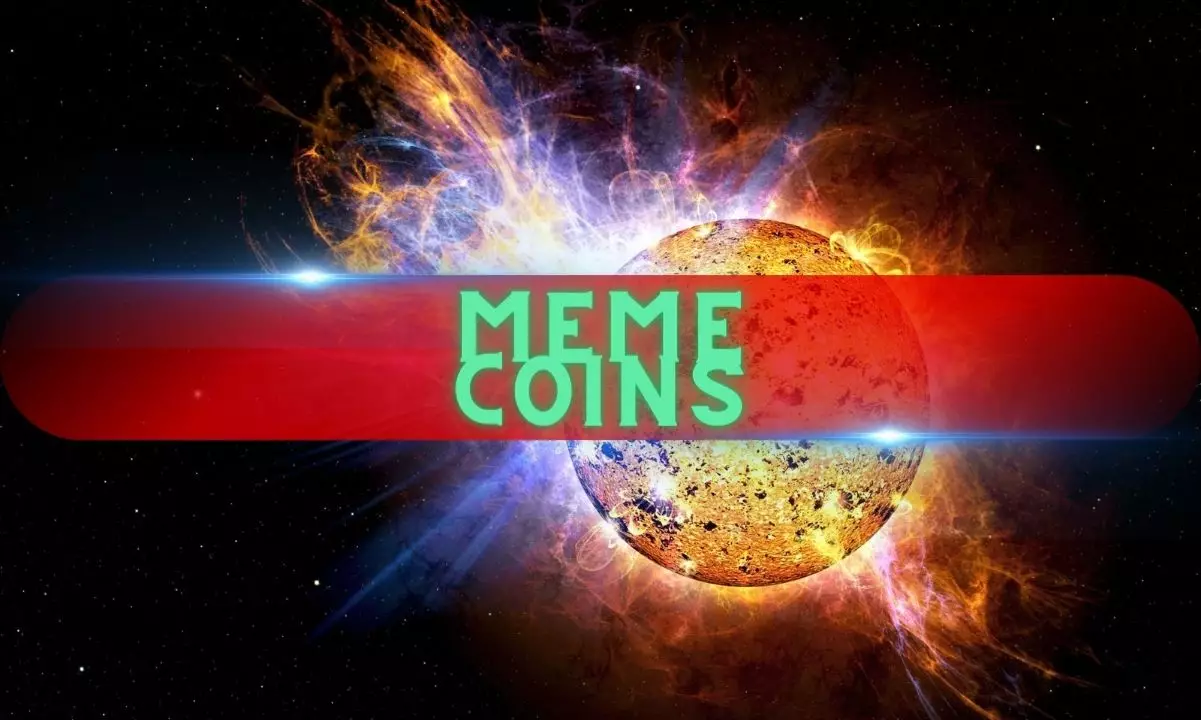In recent years, meme coins have evolved from mere speculative assets to symbols of defiance against traditional financial systems. This transformation, as discussed in depth by Binance Research, aligns with significant demographic shifts and an evolving ideology in the financial landscape. No longer confined to the fringes of investing, meme coins have become a notable part of anyone’s portfolio, particularly as younger generations grapple with economic disillusionment. With the market cap of meme coins expanding from 4% to 11% of the Total 3—essentially the entirety of the cryptocurrency ecosystem minus Bitcoin, Ethereum, and stablecoins—it’s clear that these quirky digital tokens are forging their own path in modern finance.
The backdrop for this explosion of interest in meme coins is a stark economic reality. Between 2020 and 2022, the global money supply surged significantly—an increase of over 25%, swelling from $81 trillion to $102 trillion. Such inflationary pressures have encouraged investors to look for safety in assets perceived as possessing intrinsic value. While real estate has historically been seen as a safe haven, accessibility issues have made homeownership a dream for many, particularly younger investors whose wages have stagnated despite soaring property prices. This disconnect has given rise to what Binance Research terms “financial nihilism,” where skepticism towards traditional financial systems is prevalent among younger generations. The Gamestop short squeeze in 2021 exemplified this sentiment. It’s no wonder, then, that meme coins now resonate with this demographic as they symbolize rebellion against conventional investment structures.
One of the enduring appeals of meme coins is their accessibility. Unlike intricate decentralized finance (DeFi) applications or complex Layer 2 solutions, meme coins offer a straightforward narrative that resonates with ordinary investors. Tokens often feature catchy names or amusing themes that lend themselves to virality, making them readily digestible. This simplicity facilitates a quicker understanding among potential buyers, resulting in a reduced time-to-conversion compared to technically dense alternatives. The speed at which these narratives spread can create tightly knit communities around these currencies, fueling speculative fervor.
Recent examples, such as Dogwifhat (WIF), illustrate the meteoric rise that new meme coins can achieve; WIF managed to reach a staggering $1 billion market cap in just 104 days. This achievement stands in stark contrast to the longer timelines required for established players like Shiba Inu (SHIB) and Dogecoin (DOGE). Notably, SHIB reached a billion-dollar valuation in 279 days and DOGE required a laborious 8 years. The urgency with which new meme coins are flooding the market—over 75% of meme coins were created in the past year—suggests a frenzied rush to capture a piece of this emerging financial landscape.
Despite their burgeoning popularity, investing in meme coins carries substantial risks. Comprehensive research exposes a worrying statistic: around 97% of meme coins initiated during the 2023-2024 wave have quickly faded into obscurity, achieving negligible trading volumes. Only a select few, like DOGE and SHIB, have managed to sustain their relevance in the highly volatile market for an extended period. Additionally, while the transparency of blockchain technology is often touted as a benefit, retail investors can fall prey to manipulative tactics employed by organized groups or ‘cabals.’ These groups are known for executing pump-and-dump schemes, where they artificially inflate the price of a coin before selling off their holdings for profit, leaving average investors stranded.
Furthermore, the sheer volume of meme coins in circulation creates a saturated market. As competition intensifies, newcomers will need to offer unique value propositions and innovative ideas if they hope to avoid being swallowed by this deluge of similar products. Without differentiation, the risk is high that investors will waste both time and capital on endeavors bound for failure.
The rise of meme coins presents an intriguing chapter in the narrative of modern finance—one that symbolizes both rebellion and the shifting values of a new generation. They challenge traditional financial norms while offering a form of community and engagement that standard investment avenues often lack. However, the landscape remains fraught with risks and uncertainties. As the meme coin phenomenon continues to evolve, both investors and developers will need to tread carefully—balancing the allure of potential gains with the need for informed decision-making and robust innovation. The future will undoubtedly be an exciting ride in this quirky segment of the financial world.














